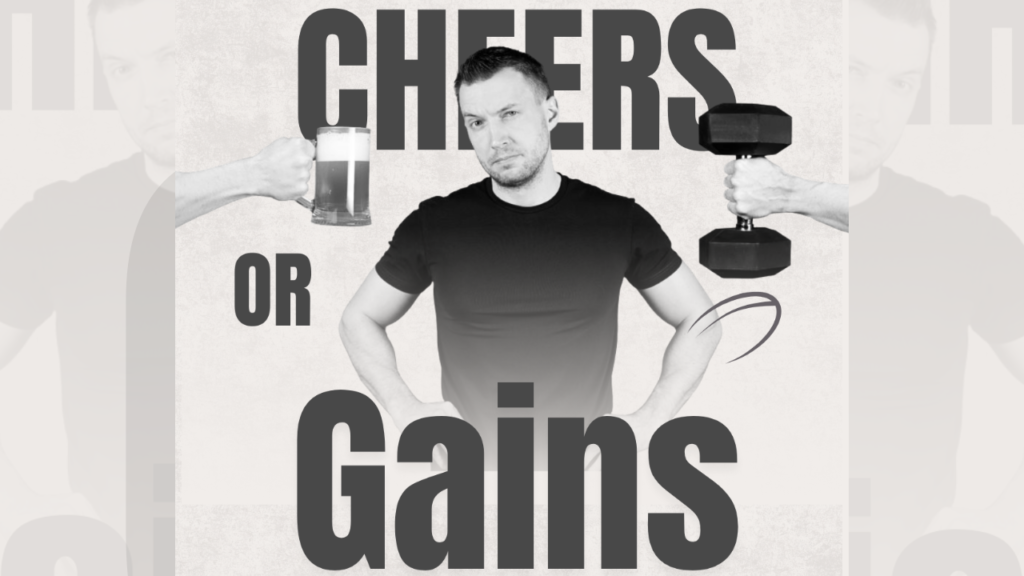Can Alcohol and Fitness Go Hand-in-Hand?
In a world where social drinking is common, many fitness enthusiasts ask the question: “Can I drink and still get results from my workouts?” While occasional indulgence might seem harmless, science and experience say otherwise. If your goals include fat loss, muscle gain, or performance improvement, it’s time to take a closer look at how alcohol and exercise contradict each other.
1. Alcohol Slows Down Muscle Recovery and Growth
Alcohol interferes with protein synthesis, the key process through which muscles repair and grow after workouts. Studies show that consuming alcohol even hours after training can reduce protein synthesis by up to 37%, delaying recovery and compromising muscle growth.
Key Impact:
- Decreased muscle repair
- Reduced muscle mass gains
- Slower recovery time
- Increased muscle soreness
2. Alcohol Disrupts Fat Burning and Hormones
Your body sees alcohol as a toxin and gives it priority over all other metabolic processes. That means fat burning goes on hold every time you drink. What’s worse, alcohol also reduces levels of testosterone and growth hormone, both essential for fat burning and muscle development.
Negative Effects:
- Slows down metabolism
- Increases fat storage (especially around the belly)
- Suppresses testosterone
- Raises cortisol (stress hormone)
Drinking regularly can sabotage your definition phase and keep stubborn fat in place.
3. Impairs Motivation, Focus & Sleep
Fitness is more than training it’s a lifestyle. Alcohol impacts sleep quality, especially REM sleep, which is crucial for recovery and mental clarity. It also impairs decision-making, increases mental fatigue, and decreases motivation for your next workout.
Consequences:
- Poor sleep = poor recovery
- Lower willpower to train
- Skipped workouts due to hangovers
- Reduced performance and energy levels
4. Alcohol Causes Dehydration & Muscle Cramps
Alcohol is a diuretic, meaning it increases urine output and causes dehydration. Even slight dehydration can significantly affect endurance, strength, and muscle coordination, increasing your risk of injury.
Dehydration Effects:
- Muscle cramps and weakness
- Reduced performance
- Dizziness during workouts
- Joint stiffness
5. Alcohol Increases Appetite & Poor Food Choices
Ever noticed how drinking leads to cravings for greasy or sugary food? Alcohol lowers inhibitions, making it harder to stick to your meal plan. One night out can lead to 1000+ extra empty calories and derail your weekly progress.
Results:
- Higher daily calorie intake
- Late-night binge eating
- Nutritional imbalance
- Fat gain instead of fat loss
6. One Night of Drinking = One Week of Progress Lost
Let’s break it down. Between poor sleep, slowed recovery, bad food choices, and missed training, just one night of heavy drinking can set you back days. If your goal is to transform your body, every decision counts.
Conclusion:
Choose Your Results Over Your Buzz
We’re not saying you should never have a drink but fitness and alcohol don’t mix well, especially when consistency and discipline are your goals. If you’re serious about your body, performance, and long-term health, limit alcohol or cut it out completely.
Final Tip: Replace alcohol with smarter choices like electrolyte drinks, mocktails, or protein shakes after a long day. Your body will thank you and your results will show it.

